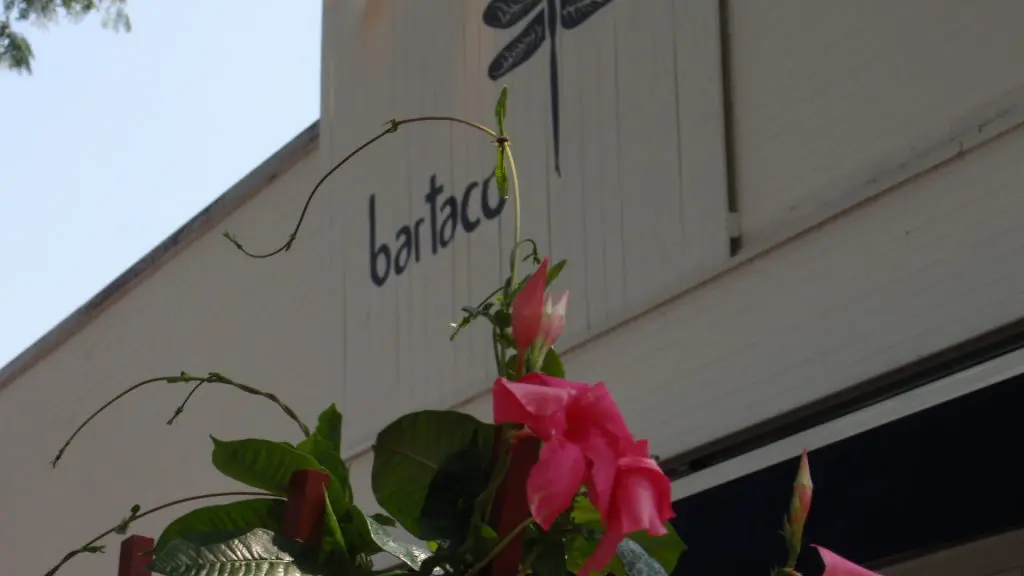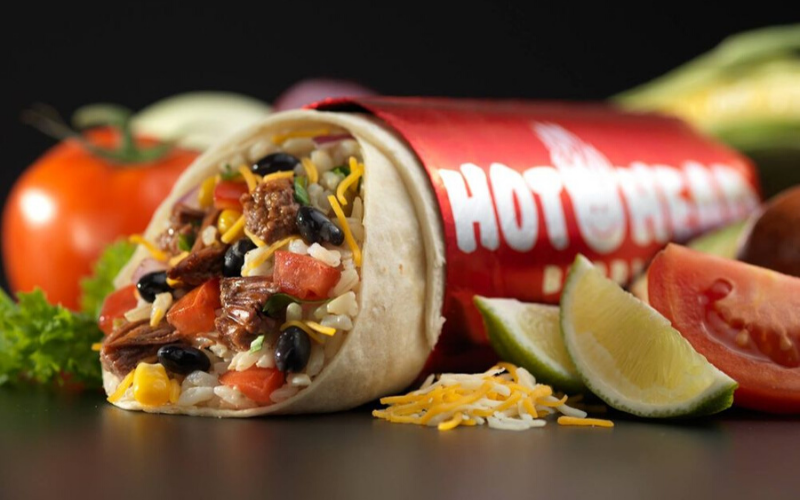The Humble Beginnings of a Restaurant Career
Andy Pforzheimer’s journey in the restaurant industry began at a very young age with a simple but tough start. His first role was washing dishes at the only nice restaurant in his hometown. At just 14 or 15 years old, Andy was literally thrown into the deep end, tasked with cleaning out the dumpster, an experience that might discourage many but ignited a passion in him. Maintaining a harsh work ethic from early on, Andy juggled demanding roles and interests, from wrestling in high school where careful meal preparation was essential, to working as a prep cook, and eventually moving up the ranks to line cook.
Despite a rocky relationship with formal education, Andy knew deeply that food and cooking were his calling. His real hands-on training began outside the typical classroom, involving hard work in kitchens where notorious antics happened but where he found his love for food. Even cooking for large campus events helped him hone a sense of creativity and operational planning.
Learning the Craft in France: A Leap of Faith
A pivotal moment in Andy’s story was his decision to learn cooking in France. Despite the challenges, no internet, no easy contact with chefs, and even being initially refused work due to lack of papers, Andy persisted. He took on menial and physically demanding jobs just to be part of a kitchen environment, teaching English in exchange for lodging, and slowly advancing to become the chef plus at the establishment where he stayed for over a year. This experience cemented his commitment to the restaurant world as he discovered the demanding hours, relentless work ethic, and passion necessary to thrive in the culinary arts.
Working in France taught Andy the importance of grit and discipline, lessons he echoes when advising aspiring restaurateurs to endure the grunt work or face likely failure. These experiences developed in him an unbreakable work ethic, well before the celebrity chef culture of today.
Breaking Into the United States Food Scene
Returning to the United States, Andy continued balancing college life with demanding kitchen shifts in Cambridge. His immersion into the restaurant business deepened through stints at top American restaurants, guided by articles like John Mariani’s bestselling restaurant lists in the 1980s. By chasing opportunities relentlessly, he found himself working with some of the leading chefs of the time, despite many showing initial reluctance to hire an inexperienced cook.
Andy’s persistence and prior training made him attractive to these kitchens, where he learned crucial lessons about uncompromising standards, menu discipline, and consistency. He shares anecdotes about working with chefs like Jeremiah Tower, who demanded absolute precision down to the smallest detail, such as removing every wilted leaf from salads. These moments etched in Andy the philosophy that “what you tolerate becomes your standard,” a mantra that would shape his own restaurant operations in the future.
Founding Barcelona Wine Bar: Partnership and Vision
The story of Barcelona Wine Bar starts with a unique partnership between Andy and Sasha, a former professional tennis player with Argentine roots. Sasha’s passion was for cooking and entertaining, combined with an understanding of flavors, while Andy brought operations and business savvy to the table. Together, they envisioned creating a venue inspired by Spanish tapas culture, which at the time was novel in the United States.
The first location was a challenging, long and narrow tile store frontage with awkward layout limitations. Instead of being deterred, they innovated by designing a long tapas bar with food served behind it, a pioneering format in America then. Initial funding came from friends and family, with small checks ranging from $5,000 to $25,000. While the site was less than ideal, it had key advantages such as proximity to a movie theater and ample parking, which contributed to its eventual success despite early uncertainties.
Strategic Growth and Operational Excellence
Expanding from their initial success, Andy and Sasha carefully navigated growth while dealing with constrained capital. They acquired second-generation restaurant spaces, carefully balancing budgets, loans, and reinvestment. Lessons learned about location demographics played a crucial role. For instance, they discovered being physically located where customers live did not always translate into success; instead, being where customers actually choose to dine mattered more.
Barcelona Wine Bar’s design philosophy evolved as well, favoring open, square-shaped spaces that allowed visibility of the bar from every table to encourage a lively atmosphere. Their operating roles were clearly divided: Sasha, the creative visionary, handled food concepts and ambiance, while Andy managed operations, finances, and menu execution. Through constructive overlap and mutual respect, they balanced personality differences into an effective partnership.
The Birth and Evolution of Bartaco
Inspired by street taco trucks they frequented along the I-95 corridor, Sasha originally wanted to launch a taco truck concept. Andy was initially reluctant, focused on Barcelona’s growth. However, the unexpected availability of a water-front site with a previous lobster roll restaurant led to an opportunity they couldn’t pass up. They transformed this into Bartaco, initially catering to a late-night crowd with a messy, filling menu filled with tacos and churros.
Within a short time, the demographic unexpectedly shifted to upscale clientele who appreciated healthy, high-quality food served casually. Responding to customer preferences, the menu was refined to cater to families and health-conscious diners, with a strong emphasis on accommodating dietary restrictions such as gluten allergies. Bartaco’s evolution showcases the importance of flexibility and listening to customer feedback to shape a brand’s trajectory.
Lessons from Selling and Teaching Future Leaders
Andy eventually exited Barcelona Wine Bar and Bartaco after a successful private equity-backed expansion and received an offer too good to refuse despite initial reluctance. Reflecting on this phase, he highlights the reality of external pressures and timelines that come with investment partnerships, emphasizing how growth often needs to align with stakeholders’ expectations beyond personal desires.
Currently, Andy imparts his vast experience by teaching “Challenges and Opportunities in the Restaurant Industry” at Harvard Business School. This unique course explores varied restaurant industry topics, featuring guest speakers ranging from famous chefs to fast casual startup founders. Andy’s teaching philosophy includes a candid warning to aspiring restaurateurs about the harsh realities of the industry, reinforcing the significance of foundational work and operational rigor.
Core Insights on Building a Beloved Hospitality Brand
Throughout his career, Andy Pforzheimer has underscored relentless passion for quality, creativity, and operational excellence as essential pillars for building beloved hospitality brands. From washing dishes to co-founding critically acclaimed concepts like Barcelona Wine Bar and Bartaco, his story is a testament to hard work, adaptability, and strategic partnership.
Key lessons from Andy’s journey include the importance of embracing grunt work, fostering uncompromising standards, understanding customer demographics and behaviors, carefully managing growth, and listening to customer feedback to pivot offerings when necessary. His ability to balance creativity and operations, along with clear communication within leadership, allowed for sustained success across different restaurant formats.
Finally, Andy’s dedication to teaching future industry leaders reflects his commitment to uplifting the hospitality field by sharing hard-earned wisdom, shaping a new generation prepared to navigate the complexities of restaurant ownership and management.







